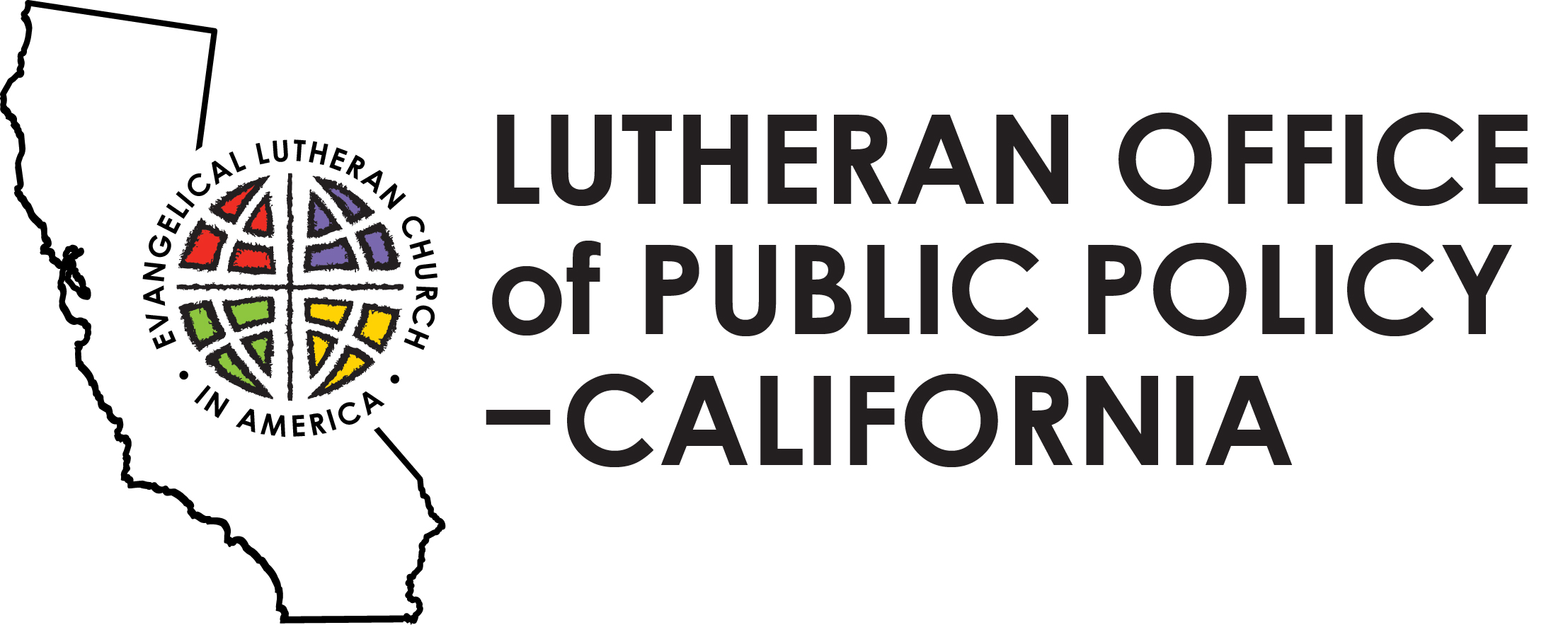For just as the body is one and has many members, and all the members of the body, though many, are one body, so it is with Christ. —I Corinthians 12:12
Dear church,
Christ is risen indeed! Alleluia!
During the uncertainty of the COVID-19 pandemic, I am encouraged by your resilience and creativity in our witness to the life, death and resurrection of Jesus Christ. I am also inspired by your generosity. Through the ELCA COVID-19 Response Fund and our Daily Bread grants, we are providing critical support to struggling yet vital ministries across this church. Through Lutheran Disaster Response International we have intensified our accompaniment of global partners. We are church together.
This is a trying time for us all. At the same time, we know that a disproportionate burden of illness, death, discrimination and harassment falls on communities of color. This pandemic has exacerbated racism and racial inequities deeply entrenched in society and across the church. We see this in the growing anti-Asian racism and the disproportionate number of deaths in black, American Indian and Latinx communities. I have been learning from the leaders of the ELCA’s ethnic associations how the data we see on the news is experienced in real life. I have listened to leaders of color share the impact of this pandemic on their communities — on their lives and on their ministries. These stories are difficult but important, so we are launching a special series on LivingLutheran.org to lift up these voices for us all to hear. We also seek to ensure that our COVID-19 response more effectively tends to the realities of racism and racial inequality. We are church together.
Recently, in cities across this country, we have seen horrifying anti-Semitic and white supremacist messages displayed during public protests against government orders that are intended to protect lives. No matter our politics or opinions about our elected leaders and their policies, all of us must come together on the basis of our church’s commitments to condemn racism against indigenous people and people of color, white supremacy, sexism, and anti-Semitism whenever they occur. Whether our churches and communities are racially diverse or predominantly white,our work for racial and economic justice for all people is work for all of us. We are church together.
Just as God has joined us to the death and resurrection of Jesus Christ in baptism, we are joined to each other. Paul helps us to understand this by speaking of the one body of Christ, with many members. While this is always true, perhaps we feel it more acutely in this time of physical distancing. In our longing to be church together, let us be even more intentional in sharing with each other, easing each other’s burdens, consoling each other in our fear and grief, condemning what is contrary to the gospel and living out our baptismal covenant “to strive for justice and peace in all the earth.”
In partnership,

The Rev. Elizabeth A. Eaton
Presiding Bishop, ELCA
To learn more, visit:
Centers for Disease Control and Prevention: “COVID-19 in Racial and Ethnic Minority Groups”
ELCA social statement “Freed in Christ: Race, Ethnicity, and Culture”
“Explanation of the Declaration of the ELCA to People of African Descent”
ELCA social policy resolution “Condemnation of White Supremacy and Racist Rhetoric”
ELCA social statement “Faith, Sexism, and Justice: A Call to Action”
“Declaration of the ELCA to Jewish Community”
– –
About the Evangelical Lutheran Church in America:
The ELCA is one of the largest Christian denominations in the United States, with nearly 3.5 million members in more than 9,100 worshiping communities across the 50 states and in the Caribbean region. Known as the church of “God’s work. Our hands,” the ELCA emphasizes the saving grace of God through faith in Jesus Christ, unity among Christians and service in the world. The ELCA’s roots are in the writings of the German church reformer Martin Luther.
